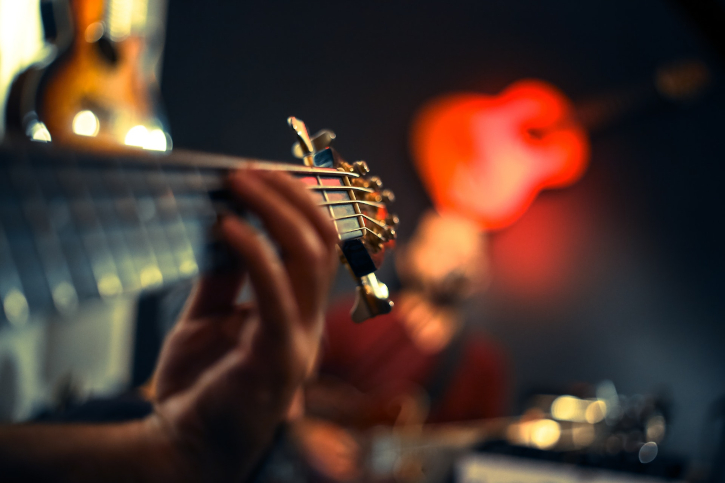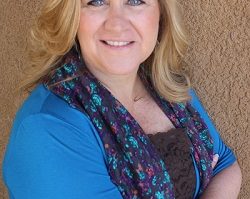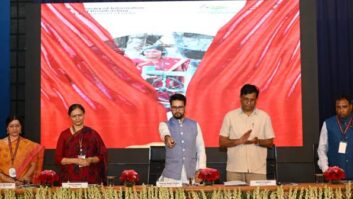The author is membership program director of the National Federation of Community Broadcasters. NFCB commentaries are featured regularly at www.radioworld.com.
On Aug. 15, the United States will remember the anniversary of Woodstock, the legendary music festival that captured the idealism of a period in American history. Though nearly three generations ago, Woodstock cuts one of the most distinctive profiles in the minds of music fans. For community radio, this is a moment not only for audiences to remember Woodstock, but to tap into people’s appreciation for radio, too.
The Woodstock Music & Art Fair has been represented in theatrical releases and documentary films virtually from the days it happened, Aug. 15–17, 1969. The event garnered back then as much attention for the introduction of hippie culture to the mainstream as it did for the music performers who played the concert. “Free love,” drug use, Vietnam War protest and naked dancing were conveyed in many American homes for the first time. And then there was the music. From Jimi Hendrix’s incendiary stage presence to Janis Joplin to the Grateful Dead to Jefferson Airplane and dozens of now-legendary rock acts, Woodstock will forever be associated as a festival where an insurgent youth movement made its presence felt.
[Read: Community Broadcaster: EAS Test Time]
Moments like Woodstock were a new phenomenon for popular culture then. Bear in mind that the Beatles had ascended not so many years before. Color television had only gained popularity with the broadcast of Walt Disney’s Wonderful World of Color in September, 1961. And as the country faced dilemmas such as the Vietnam War and resistance to the Civil Rights Movement, Woodstock became a symbol of the decline of Western civilization or was a welcome respite from the clashes facing America. No matter your political viewpoint, though, Woodstock is undeniably a conversation starter and a perfect companion for radio.

A host of television channels are, of course, revisiting the Woodstock festival’s striking visuals, in many cases as part of a remembrance of the year 1969, which saw a host of American firsts including the Apollo 11 moon landing. Audiophiles should not let TV folks have all the fun. Community radio and public radio stations have arguably had a long relationship with audiences curious about history. The year of 2019 is easily a year for history. In addition, Woodstock’s fascinating mix of politics, music and youth makes it well-suited to stations.
Yours will not be the only radio station involved in Woodstock recognition. Here are a few noncommercial radio stations saluting the spirit of 1969.
WXPN will revisit Woodstock with an exclusive broadcast that includes all of the festival’s archived audio, from the music performances to the stage announcements to recordings of rain delays. And the best part? The Philadelphia noncommercial broadcaster will air the special at the same time of the performances themselves. For the unaware, Woodstock’s stage concerts were an all-night affair; bands such as Creedence Clearwater Revival and Sly and the Family Stone were jamming at 3 in the morning. If that isn’t your hour these days, or has never really been your hour, now is your chance to enjoy a slice of history with your coffee.
“Over three days, we’ll play newly reconstructed audio archives of each of Woodstock’s 32 performances, from Richie Havens’ opening set to Jimi Hendrix’s closing one and everything in between, in as close to real time as possible,” the station notes.
The scene in upstate New York for the anniversary of Woodstock is sure to be lively, but do not worry. Community radio station WJFF has got you covered, with hourly traffic and scene update starting Aug. 16 and continuing throughout the weekend.
If you work with a station, now is the time to be part of America’s celebration of the anniversary of Woodstock. There are a range of low-cost, high-impact programming options and local engagement your station can do on short notice. Whether it is an all-vinyl look back at all of the artists who played the sprawling concert, sharing remembrances or just taking Woodstock-inspired requests, what better way to connect with listeners than to share fond memories and outstanding music?
[Subscribe to our newsletter and get it delivered right to your inbox.]











